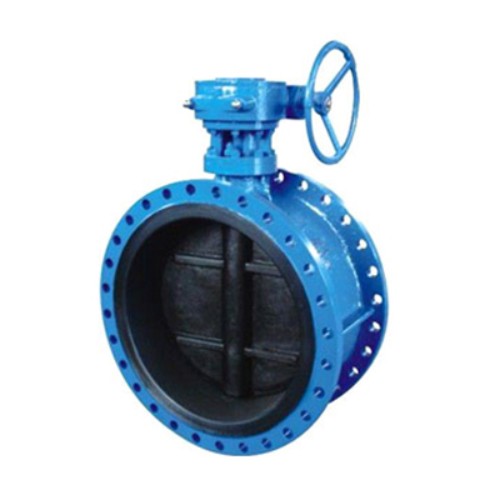explosion proof solenoid valves
Understanding Explosion-Proof Solenoid Valves A Comprehensive Overview
In industries where flammable gases or liquids are present, safety is of paramount importance. One crucial component in these hazardous environments is the explosion-proof solenoid valve. These valves are designed to prevent explosions and provide safe control of fluids in potentially dangerous settings. This article will discuss the principles, features, applications, and importance of explosion-proof solenoid valves.
What are Solenoid Valves?
At their core, solenoid valves are electromechanical devices used to control fluid flow. They consist of a solenoid coil and a valve body, which can either open or close flow pathways when electrical current is applied. The solenoid coil generates a magnetic field that moves a plunger, allowing or blocking fluid passage. This allows for quick and efficient control of fluids in various applications, including automation and process control.
Why Explosion-Proof?
The term explosion-proof refers to a design certification that ensures a device can operate safely in hazardous environments without igniting combustible gases or dust. Explosion-proof solenoid valves are constructed using robust materials and innovative engineering techniques to withstand external explosions and prevent the internal ignition of flammable materials. These valves are typically tested and certified in accordance with international safety standards, such as ATEX, IECEx, or UL guidelines.
Key Features of Explosion-Proof Solenoid Valves
1. Durable Construction These valves are often built from materials such as stainless steel or brass, which resist corrosion and wear. They’re designed to withstand high-pressure and high-temperature conditions, making them suitable for demanding industrial applications.
2. Sealing Mechanisms The design includes advanced sealing mechanisms to prevent leakage of fluids. This is critical in maintaining safety, as even a small leak in a hazardous environment can lead to catastrophic events.
3. Electromagnetic Interference Resistance Many explosion-proof solenoid valves are engineered to minimize the effects of electromagnetic interference, ensuring they operate reliably even in electrically noisy environments.
4. Temperature Ratings These valves come with specific temperature ratings that denote the range of temperatures they can safely operate within, ensuring that they won’t fail under extreme conditions.
explosion proof solenoid valves

5. Ease of Maintenance Despite their rugged design, explosion-proof solenoid valves are designed for ease of maintenance. Some models feature removable coils for quick replacements, minimizing downtime.
Applications of Explosion-Proof Solenoid Valves
Explosion-proof solenoid valves are utilized across a variety of industries, including
- Oil and Gas In extraction and refining, these valves control the flow of liquids and gases, reducing explosion risks in volatile environments.
- Chemical Processing Many chemical reactions produce flammable gases; explosion-proof valves ensure safe handling and transportation of these materials.
- Wastewater Treatment In wastewater systems, these valves help control the flow of potentially hazardous materials, ensuring safety for personnel and the environment.
- Pharmaceuticals Maintaining sterile conditions is critical; solenoid valves help manage the flow of materials without compromising safety.
Importance of Explosion-Proof Solenoid Valves
The role of explosion-proof solenoid valves is integral to safety in hazardous environments. By preventing explosions and controlling fluid flow, these valves help protect both people and property from catastrophic failures. Their incorporation into systems not only complies with safety regulations but also enhances operational efficiency, ultimately leading to significant cost savings and reliability in processes.
Conclusion
In summary, explosion-proof solenoid valves play a critical role in ensuring safety within industries that handle flammable materials. Their robust construction, ability to withstand harsh conditions, and dependable performance make them indispensable in hazardous environments. Companies in the oil and gas, chemical, and pharmaceutical industries must prioritize these components to maintain safety, efficiency, and compliance with industry regulations. As technology advances, we can expect even greater innovations in the design and functionality of explosion-proof solenoid valves, further enhancing their role in industrial safety.
-
The Key to Fluid Control: Exploring the Advantages of Ball Valves in Industrial SystemsNewsJul.09,2025
-
The Versatile World of 1, 2, and 3 Piece Ball ValvesNewsJul.09,2025
-
Stainless Steel Ball Valves: The Ideal Choice for Efficient Flow ControlNewsJul.09,2025
-
Optimizing Fluid Control with Ball Float ValvesNewsJul.09,2025
-
Manual Gate Valves: Essential for Control and EfficiencyNewsJul.09,2025
-
Everything You Need to Know About Butterfly ValvesNewsJul.09,2025
-
The Versatility of Wafer Type Butterfly ValvesNewsJul.08,2025




